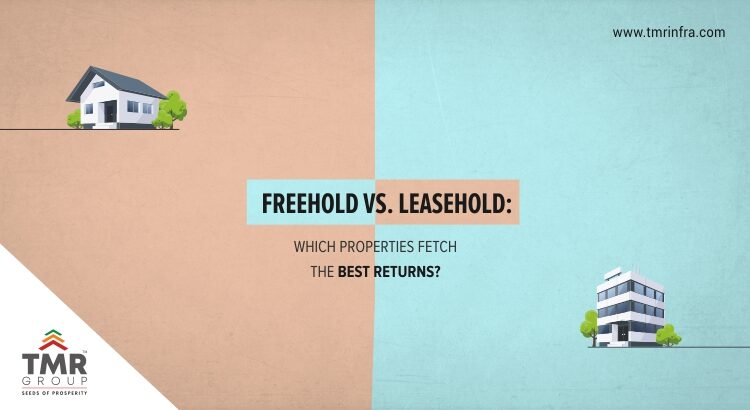Over the past decade, the city of Nizams – Hyderabad has emerged as one of the largest employment hubs of India and has been the center of tremendous developments. Standing strong as the home to the second largest number of SEZs in India, Hyderabad has attracted several migrations from all over the country owing to the vast expanse of opportunities. This massive inflow has generated a demand in the real estate sector. One thing that makes Hyderabad a worthy hub for investment is the presence of properties that cater to everyone, from affordable properties to premium luxury options. The infrastructural development of Hyderabad is top-notch and the developments of the city have taken their spot on the global stage.
About Property Mutation
Mutation of property is the process of changing the title ownership from the original owner to the new owner when an immovable property is transferred or sold. It needs to be carried out in all cases of property transfers, be it by sale or purchase, gift, or inheritance. As land is a subject of the state, each state has a record of all land and property deals that act as proof of ownership and help the common man safeguard their property investments. All the information regarding land records is registered and this minimizes the potential for property-related frauds.
After the process of mutation, the new owner obtains the title of the property registered in the land revenue department. It enables the government to charge property tax. The process of mutation further helps the government in determining the tax liability in the case of a change in ownership.
Process of Mutation
Mutation of land takes place in the Block Land & Land Reforms Office.
- The applicant must apply for property mutation in the prescribed format and be physically present at the office along with all relevant documents
- The departmental authority can conduct physical verification of the property as a precaution
- Once the government departmental authority accepts the land documents, the certificate of mutation is issued after the payment of prescribed mutation fees
- It can take up to a month for the municipality to update its records to show the changes in land ownership and issue a mutation certificate
- With the technological developments of the country and the digitization of land records in most states, now the process of the mutation can be done online
Is Property Mutation Mandatory?
Property mutation is not mandatory, but the process should be completed as early as possible to ensure that the property is in one’s name in government records.
- A person needs proof of the mutation when the person plans to sell the property in the future and not having mutation papers can affect your chances of selling the immovable asset
- As the penalty for not completing mutation is very less (₹25-₹100), most people choose to postpone the process
- It is legally advised and is safe if the property mutation is carried out immediately after the purchase is done from the point of view of the transfer of ownership
- Property mutation charges differ from state to state but are in the same range
- Mutation of property is not a one-time duty as these papers must be updated from time to time. A regular update ensures the authentication of your property records.
At TMR Group, we offer well-planned plots in Hyderabad that are strategically placed in great locations with amazing potential to multiply your investments. Our HMDA approved plots in Hyderabad are built with modern infrastructure and quality amenities that are installed for your utmost convenience. Visit www.tmrinfra.com to know more about us and our brilliant projects, and get in touch with us for site visits!



